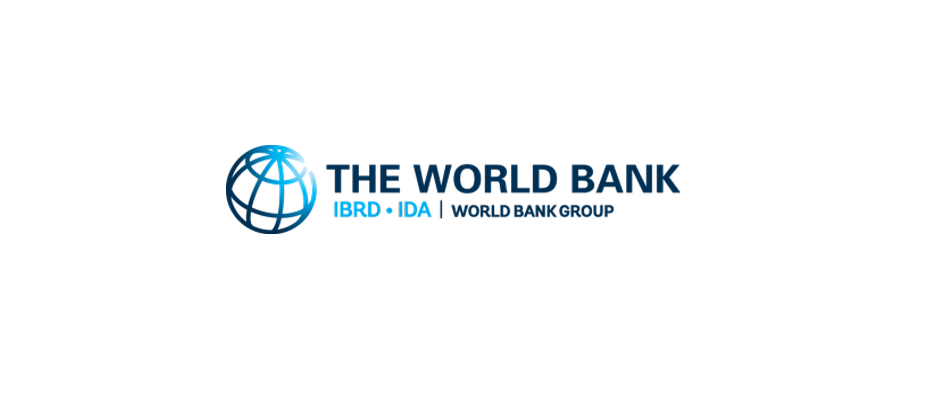
Decentralization has gained prominence in Africa in recent years. In various jurisdictions, its success or failures have however been associated with instances of corruption to varied scales. This paper therefore discusses the extent to which decentralization has increased rather than decreased corruption in Africa. Content analysis of various studies on decentralization and corruption forms the core methodology. The paper takes an objective analysis of the successes and or failures of decentralization in selected African countries (Uganda, Nigeria, South Africa, Kenya and Malawi) and eventually makes a conclusion.
This paper finds that despite the many instances of increased corruption levels in many decentralized jurisdictions in Africa–including Nigeria, Kenya, South Africa, and others– the system is still considered favorable and can still be taunted for success in corruption reduction if a number of ingredients are included in its implementation.
Follow the link to read the complete paper by Raphael Akeyo.




